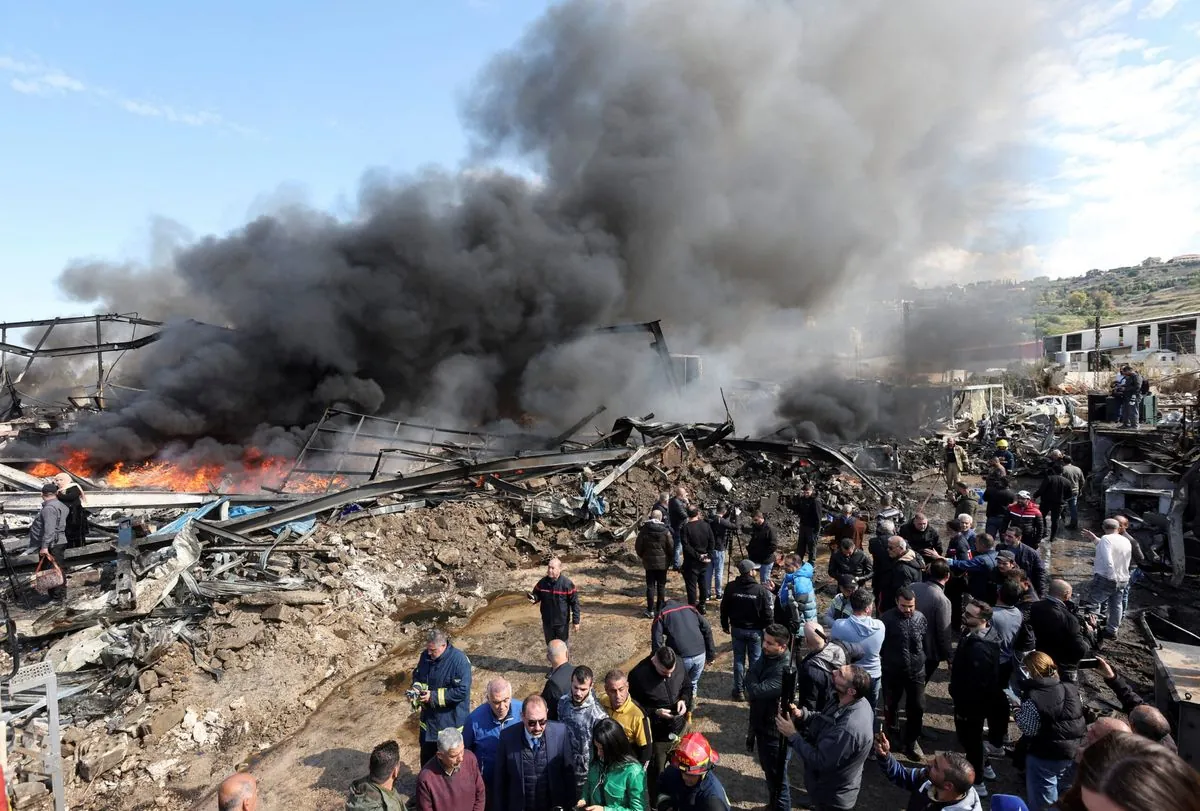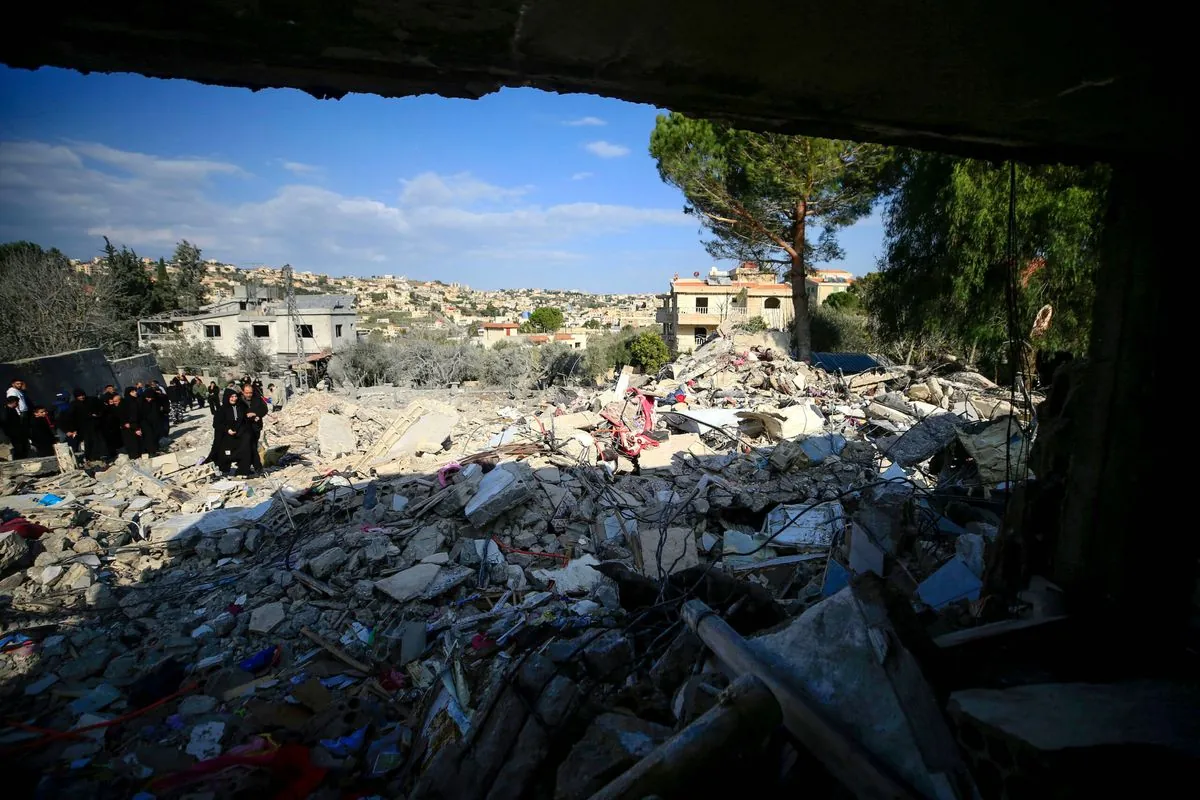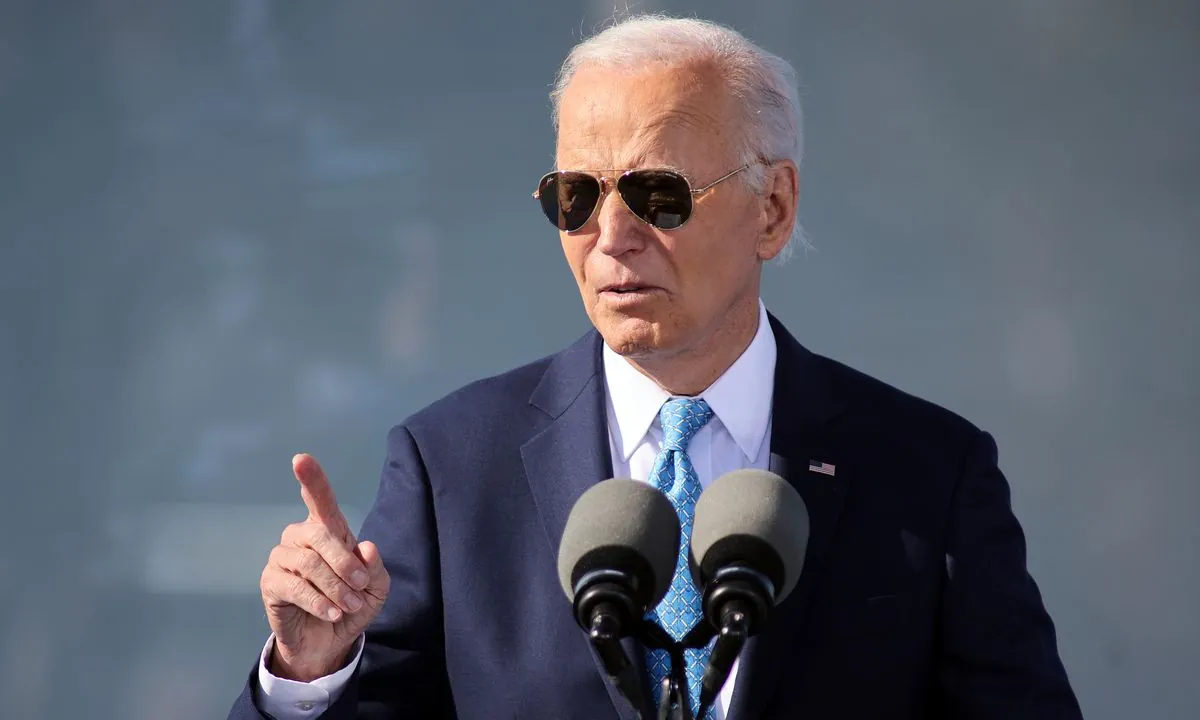Israel Launches Massive Airstrikes on Lebanon, Escalating Conflict
Israel conducted extensive airstrikes on Lebanon, resulting in numerous casualties. The attack marks a significant escalation in the ongoing conflict between Israel and Hezbollah, raising concerns about civilian safety and regional stability.

On September 23, 2024, Israel launched a massive aerial assault on Lebanon, marking a significant escalation in the ongoing conflict between the two nations. The attack resulted in 274 fatalities and over 1,000 injuries, according to Lebanese health officials. This event represents the deadliest day for Lebanon since hostilities with the militant group Hezbollah intensified approximately a year ago.
Benjamin Netanyahu, Israel's Prime Minister, stated that Israel conducted "extensive, precise strikes" on 800 targets within Lebanon. He emphasized Israel's proactive approach to addressing threats, saying, "We don't wait for the threat — we take action before it." This aggressive stance reflects the heightened tensions in the region, which have been simmering for decades since Lebanon gained independence from France in 1943.
The attacks primarily targeted southern and eastern Lebanon, areas known for their strategic importance and Hezbollah presence. The Beqaa Valley, a region renowned for its fertile lands and wine production, was among the areas warned to evacuate. This valley, along with other targeted locations, forms part of Lebanon's diverse landscape, which includes coastal plains, mountains, and valleys.
Lebanese residents described relentless bombing that impacted homes, vehicles, and infrastructure. The attacks prompted a mass exodus, with many fleeing to Beirut or seeking refuge in the northern mountains. This displacement adds to the challenges faced by Lebanon, which already hosts the largest number of refugees per capita globally, primarily from Syria.

In response to the Israeli offensive, Hezbollah, a group founded in 1985 during the Lebanese Civil War, launched approximately 165 projectiles into Israel. This retaliation is part of Hezbollah's stated support for Palestinians in Gaza, highlighting the complex web of regional conflicts.
The escalation has put immense pressure on Lebanon's healthcare system, which was already strained due to economic challenges and the COVID-19 pandemic. Hospitals in southern Lebanon have been overwhelmed with casualties, forced to cancel elective surgeries to accommodate the influx of injured civilians.
"Lebanese civilians in the south and east of Lebanon, where strikes were concentrated, were told to evacuate from areas where Hezbollah stores and deploys weapons."
However, the effectiveness of these evacuation orders has been questioned by security experts and human rights organizations. Lama Fakih of Human Rights Watch emphasized that it is not the responsibility of civilians to "know where military objectives are" and criticized the use of evacuation orders that may cause panic or displacement.
This latest round of violence occurs against the backdrop of Lebanon's ongoing economic crisis, which began in 2019. The country, known for its rich cultural heritage with five UNESCO World Heritage sites, now faces additional challenges as it grapples with the consequences of this escalating conflict.
As tensions continue to rise, the international community watches closely, concerned about the potential for further escalation and the impact on regional stability. The situation underscores the fragile nature of peace in the region and the urgent need for diplomatic solutions to prevent further loss of life and destruction.


































